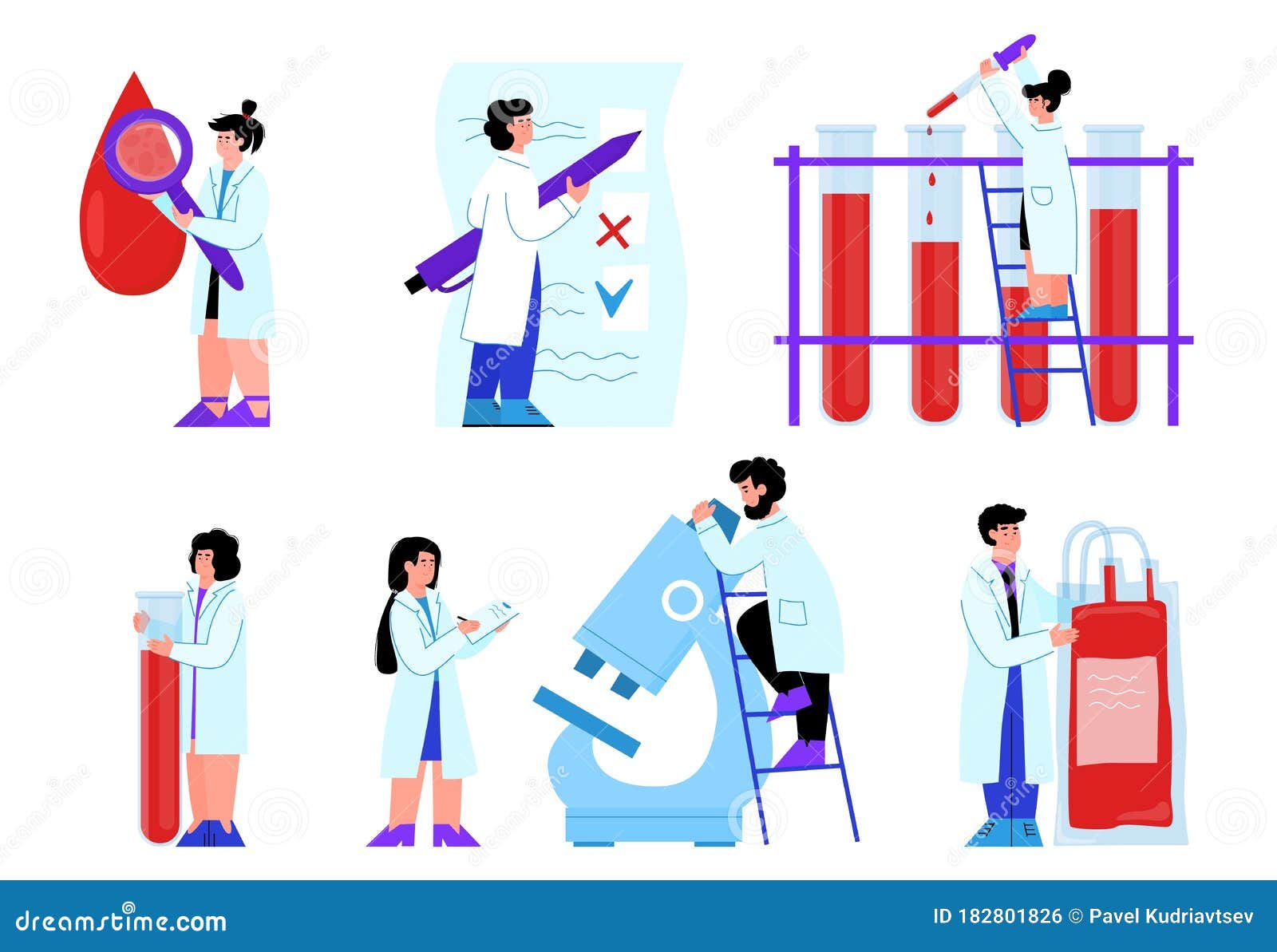Keeping your pets healthy, diagnostic exams plays a vital role. Pet diagnostic labs assist in diagnosing illnesses for our beloved pets.
Through this guide, we’ll explore the importance of veterinary testing and highlight key tests.
Understanding Veterinary Labs for Pets
Veterinary testing centers examine biological specimens to guide treatment plans. These labs rely on specialized equipment to deliver reliable diagnostics.

Main purposes of veterinary labs include:
- Early detection of illnesses: Prevents conditions from escalating.
- Monitoring ongoing conditions: Supports long-term health strategies.
- Evaluating care plans: Boosts recovery rates.
Common Veterinary Tests for Dogs and Cats
Diagnostic centers for pets conduct various tests to identify potential problems. Popular exams include:
- Biochemical testing: Evaluate overall health.
- Kidney function tests: Monitor hydration levels.
- Parasite screenings: Ensure proper gut function.
- Allergy panels: Improve coat health.
- Structural health evaluations: Detect internal injuries.
diagnostic laboratório veterinário
laboratorio veterinario conselheiro moreira de barroslaboratório de análises veterinárias
The Benefits of Regular Veterinary Testing
Ongoing health assessments ensures proactive care. With early warning signs identified, they stay happy and healthy.

Key reasons for routine testing include:
- Enhanced quality of life: Ensuring effective care helps pets remain active and happy.
- Preventative savings: Minimizing long-term expenses saves resources down the road.
- Confidence in their well-being: Stay informed about their health.
Conclusion: The Value of Veterinary Labs for Pet Health
Veterinary laboratories are an invaluable resource in ensuring your dog or cat’s well-being. By scheduling regular tests, you stay ahead of potential health issues.
Talk to your veterinarian about testing options to ensure their health for years to come!